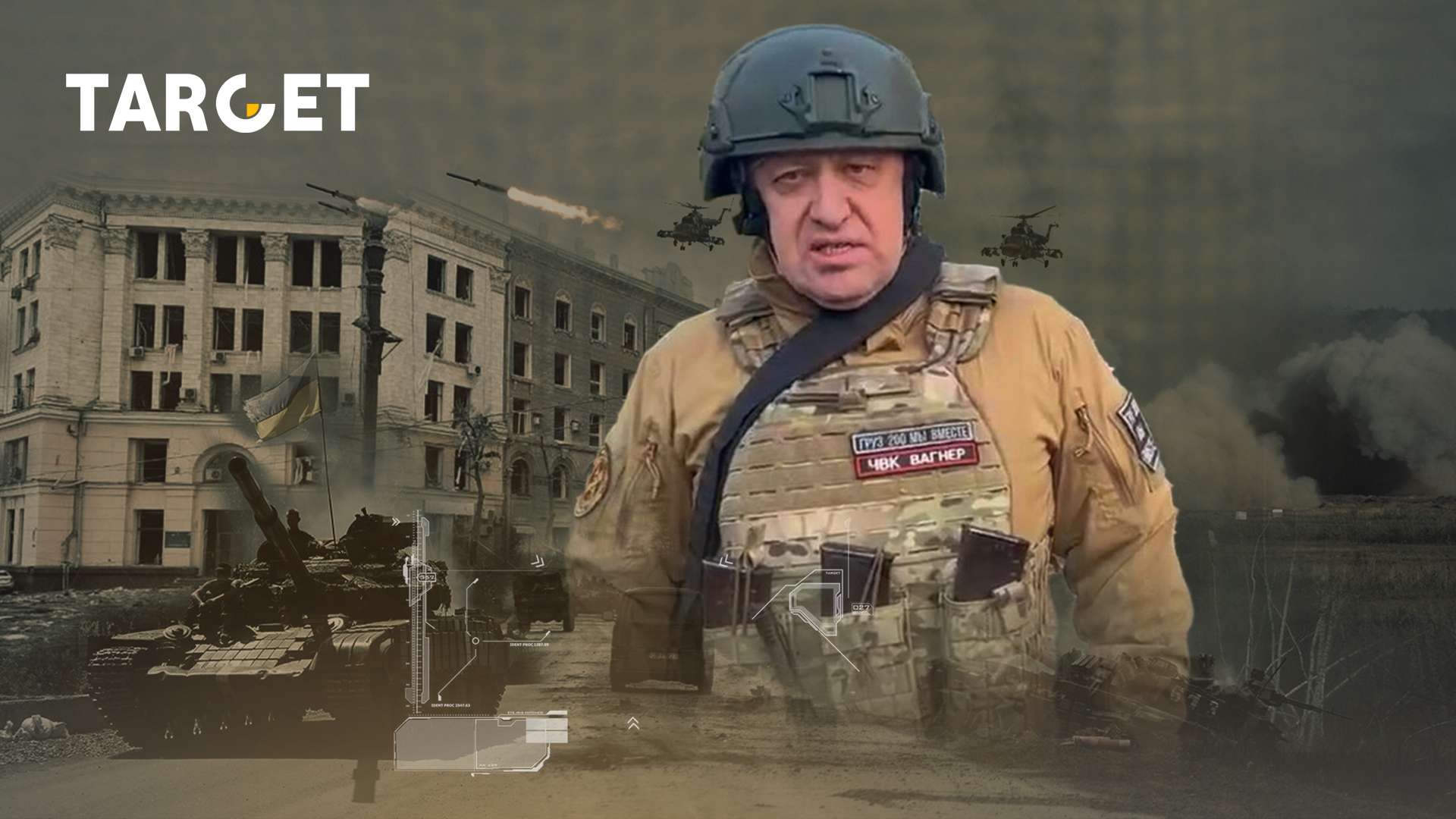Wagner Mercenaries vs. Putin: What the latest developments mean for Ukraine, Africa and the Middle East
The whole world is staring spellbound at Russia, where mercenaries from Wagner’s private army led by the notorious Yevgeny Prigoshin have turned against Vladimir Putin and Russia’s political leadership. Prigozhin recently called for resistance. In the meantime, the city of Rostov-on-Don is already under the control of the private army, which according to several reports is now on its way to Moscow.
In a television speech, Vladimir Putin described Prigozhin and the insurgents as traitors without explicitly naming them. He threatened the traitors with “imminent punishment”. Russian forces received orders to neutralize the armed insurgents.
Internal fighting in Russia will most likely change the military situation in Ukraine. Under Putin’s leadership, the mercenary army gained enormous prestige and strength among sections of the Russian population. In the meantime, at least 50,000 fighters are said to belong to it. It is not yet clear how the fighting will affect the Ukraine, but a weakening on the front is foreseeable, since the repercussions of the fighting in Russia will also reverberate in Ukraine. There are mercenaries from the Wagner group on many fronts. The strategically important victory in Bakhmut was also attributed to the mercenaries, who achieved it with very high losses. Prigozhin has repeatedly criticized the Russian conduct of the war in the past. Now he called on his mercenaries to resist. There will also be breaches at the front, which the Ukrainians can use to their advantage.
But these struggles will have repercussions elsewhere, too. In Africa, mercenaries from the Wagner group are present in many states. In Central Africa, for example, there is a huge Russian presence. Those are primarily mercenaries from this private army who perform functions such as training the military and personal security, but have also taken part in internal power struggles. For some rulers in Africa, these mercenaries are a pillar of their rule. It is hard to imagine that Putin would send his own troops to these states instead. If this support disappears, bloody internal conflicts could break out again in the fragile states of Africa.
The Wagner group is also active in Syria, where Putin’s decision to intervene in the civil war secured Bashar al-Assad’s rule. Here, too, they are mainly active in their function as trainers. They were also responsible for recruiting Syrian fighters, who were deployed in the Ukraine, among other places. As a result of Putin’s decision, it is likely that members of the Wagner group in Syria will now also be retiring from their military services.
The fighting in Russia will exhaust Russia’s capacity. It is not possible to predict which scenarios will arise. There could be major disruptions on all fronts and situations where Russia is involved. The military situation in Ukraine, but also in Syria, could change at a rapid pace. What would be an advantage for Ukraine would be a great disadvantage for Bashar al-Assad and would shake his rule. Caution is also advised in Africa. Here, internal conflicts could take on unimagined proportions if the Russian presence and support will be lost.

